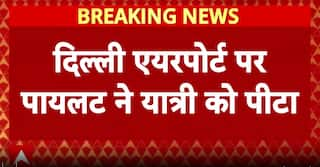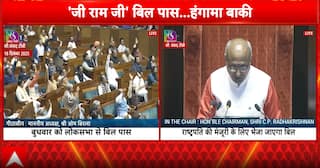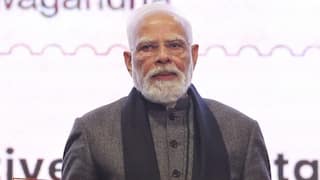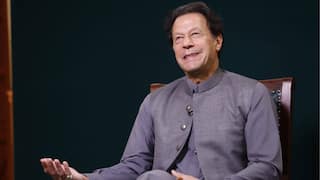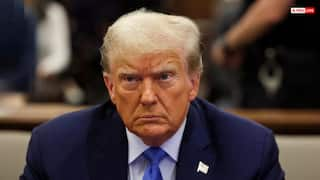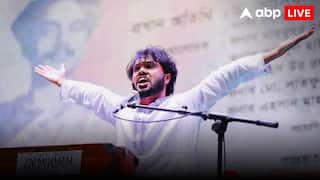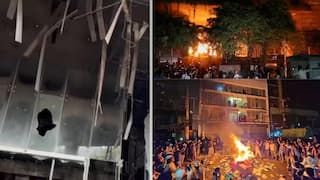Imran Khan's Backdoor Meetings Reach Deal To Resolve Political Stalemate, Polls Likely Before Apr 2023: Report
Pakistan has been on a crucial political juncture with tensions between PML-N led government and Imran Khan’s PTI, which has been pressing for general elections.

New Delhi: Two backdoor meetings between Pakistan’s former Prime Minister Imran Khan, and Army Chief and other seniors of military establishment have come to a workable deal, sources privy to the development said.
According to the sources, Imran Khan's route to come back to power through early elections has been decided and the polls may happen any time before April 2023.
The meetings, that took place between the two sides to resolve the political stalemate, discussed matters related to the next elections as the ruling coalition government of Pakistan Democratic Movement (PDM) is too weak to resist the pressure, the sources further said, adding that Imran Khan is likely to come back in power with almost two-third majority.
It is to be noted that Pakistan has been on a crucial political juncture with ongoing tensions between the PML-N led government and Imran Khan’s PTI, which has been pressing for general elections to address the situation faced by the country.
According to reports, the two sides on the political divide, despite failing to reach a common ground for political debate and decisions, and to work out an exit strategy, still time and again engaged in backdoor meetings to resolve the current issues, and the political and economic challenges being faced by the country.
Meanwhile, it is also expected that appointment of a new Army Chief may be deferred till the new elections.
As per sources, Gen Qamar Javed Bajwa will continue as the Army chief till the elections are held.
Notably, Army chief Gen Bajwa is set to retire on November 29 and his successor was set to be announced by the prime minister who is legally authorized to appoint the Pakistan Army chief.
Bajwa has held the Army post for six years. He was initially appointed in the year 2016, but after three years of his tenure, the then government of Imran Khan extended his service for another three years in 2019.
(With inputs from Hamza Amir)














